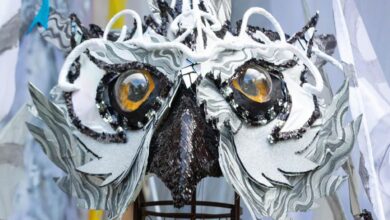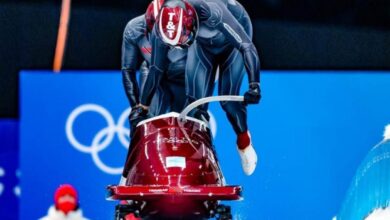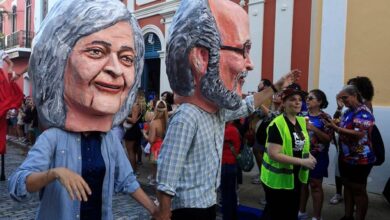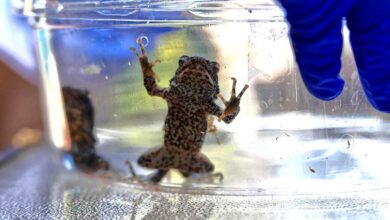Jayuya at 75: Puerto Rico’s Unfinished Revolution and the Memory That Refuses to Fade
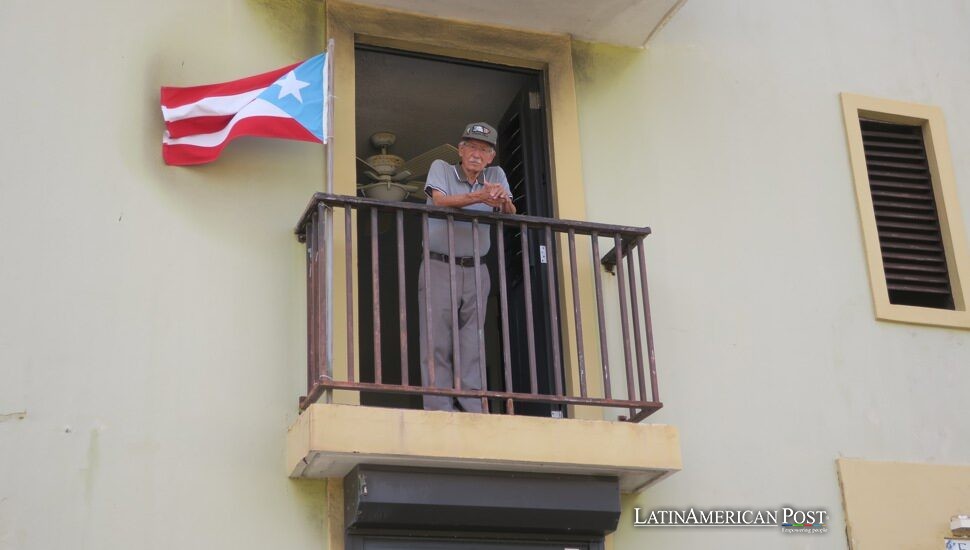
At dawn in the mountains of central Puerto Rico, mist still hangs over Jayuya’s narrow roads—the same ridges that once echoed with gunfire and defiance. Seventy-five years ago, the town became the improbable capital of a one-day republic, the stage for an uprising meant not to win but to be seen. For the Nationalist fighters, visibility was the weapon; invisibility was the enemy. Their rebellion against U.S. rule lasted only days, but its argument has never quite ended.
A Revolt Designed to Be Seen by the World
On October 30, 1950, a handful of rebels loyal to Pedro Albizu Campos decided that Puerto Rico’s colonial silence had to be broken—loudly, publicly, and at whatever cost. One of them was Heriberto Marín, now 96, who still speaks of that morning with the clarity of someone who has replayed it a thousand times. “The purpose was to take the policemen’s weapons in the barracks, not to have to fight them,” he told EFE, describing how he joined from the Coabey sector of Jayuya. The plan, he said, was to regroup in the neighboring town of Utuado, hold out, and force the world to confront what Puerto Ricans were forbidden to say aloud: that they lived in a colony by another name.
Across the island, other Nationalists moved at the same hour—raiding post offices, seizing police stations, even striking at La Fortaleza, the governor’s mansion in San Juan. “The message had to reach the world,” historian José ‘Che’ Paraliticci explained to EFE. “They took police barracks, post offices, and federal properties. It was the only way to make people look.” In Washington and New York, sympathizers launched parallel protests.
The rebellion’s purpose was never military victory. It was political punctuation. Like the Grito de Lares against Spain eight decades earlier, Jayuya was a declaration of agency—a reminder that the question of Puerto Rico’s sovereignty had not been settled, only postponed.
The Chaos and Courage of October 1950
For all its symbolism, the uprising was held together by rumor and rain. “It was so unexpected and so disorganized that the commanders could not communicate among themselves,” Marín recalled. Names that later became legend—Blanca Canales, Carlos Irizarry, Elio Torresola—were, at the moment, people improvising in isolation. “I wasn’t armed,” Marín said. “We went house to house looking for weapons. A cousin had a shotgun—but no cartridges.”
Under a gray downpour, he took up position near a road out of town, waiting for orders that never came. By November 3, soldiers found him. He was arrested, sentenced to life in prison, and released nine years later, thanks to international pressure and what he believes was the quiet intervention of Pope Pius XII.
He doesn’t tell the story with regret. “I’m still a rank-and-file soldier of the homeland,” he told EFE. “I’m one more who has not knelt, who feels honored to have participated in the struggle.” The words land without bravado—just the steady pride of someone who gambled his youth so the island would have to look itself in the mirror.
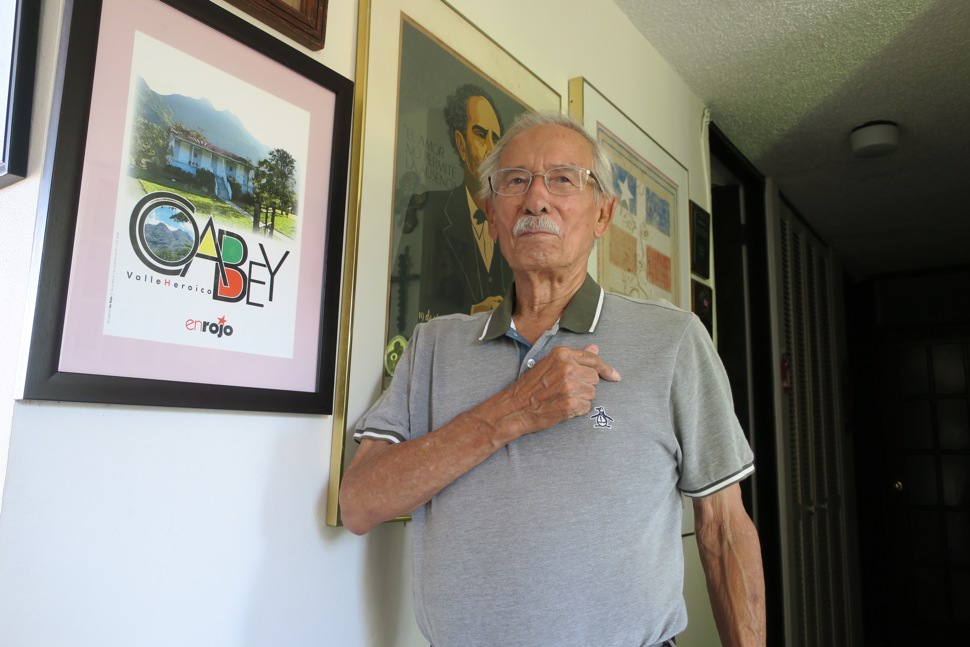
Bombs Over Jayuya and a One-Day Republic
When the United States responded, it did so from the sky. National Guard planes dropped bombs and strafed the mountains of Jayuya, the first time American aircraft attacked U.S. territory since Pearl Harbor. “They bombed the fields and strafed the revolutionaries,” Marín told EFE. The message was unmistakable: sovereignty lay elsewhere.
By the time the smoke cleared, 29 people were dead—rebels, police, and bystanders. For roughly twenty-four hours, the Nationalists had proclaimed an independent Puerto Rican republic; by nightfall, it had vanished beneath the roar of aircraft. The state’s counterattack erased the uprising’s infrastructure but not its intent. Both the Lares and Jayuya revolts failed as wars and succeeded as mirrors, forcing Puerto Ricans—and Americans—to confront the contradiction of democracy sustained by colonial status.
“The idea was never to conquer,” Paraliticci told EFE. “It was to expose the truth.” That truth remains awkward: the island’s political future is still a question deferred, debated every election, solved by none.
Memory’s Duty in a Present Still Undecided
Anniversaries are seductive. They turn anguish into heritage and rebellion into folklore. But Jayuya resists neat packaging. To commemorate it honestly is to admit how little has changed. Seventy-five years later, Puerto Rico still occupies a legal gray zone: not a state, not independent, and governed by decisions primarily made elsewhere.
Commemoration, then, must do more than stage ceremonies or unveil plaques. It should revisit the question that drove the uprising: who gets to define the island’s destiny? Independence, statehood, and enhanced commonwealth all have advocates; what unites them is the fatigue of being described as a “territory,” a euphemism that hides more than it reveals. The rebels of 1950 forced the conversation into daylight, and every subsequent generation has inherited the glare.
History, when told well, refuses comfort. It reminds us that the Nationalists’ goal was visibility—a demand to be counted as a people, not an appendix. That demand still echoes each time the island votes in nonbinding plebiscites or petitions Congress for rights it already exercises in blood during U.S. wars. Jayuya’s argument is not nostalgia; it is unfinished business.
“The day that happens, I hope you’ll be there,” Albizu Campos once told supporters who asked when the revolution would begin, as Marín recalled to EFE. He meant that change starts whenever witnesses decide to show up.
That admonition still fits. It warns against domesticating the Nationalists into sentimental folklore and against letting their story become a prop for anyone’s agenda. It asks Puerto Ricans, on the island and in the diaspora, to keep interrogating both their past and their choices ahead.
Marín’s closing words carry that weight better than any monument. “I’m one more who has not knelt,” he told EFE. In his defiance, there is no bitterness—only endurance, the kind that outlasts regimes and anniversaries alike.
The hills of Jayuya are quiet now, their scars softened by forest and time. But beneath the grass lies the memory of a day when Puerto Ricans spoke the forbidden word independence and dared the world to listen. Whether that world hears them yet—whether it ever will—remains the island’s most enduring question.
Also Read: Brazil’s War on Faith and Firepower: Inside Rio’s Deadliest Raid


